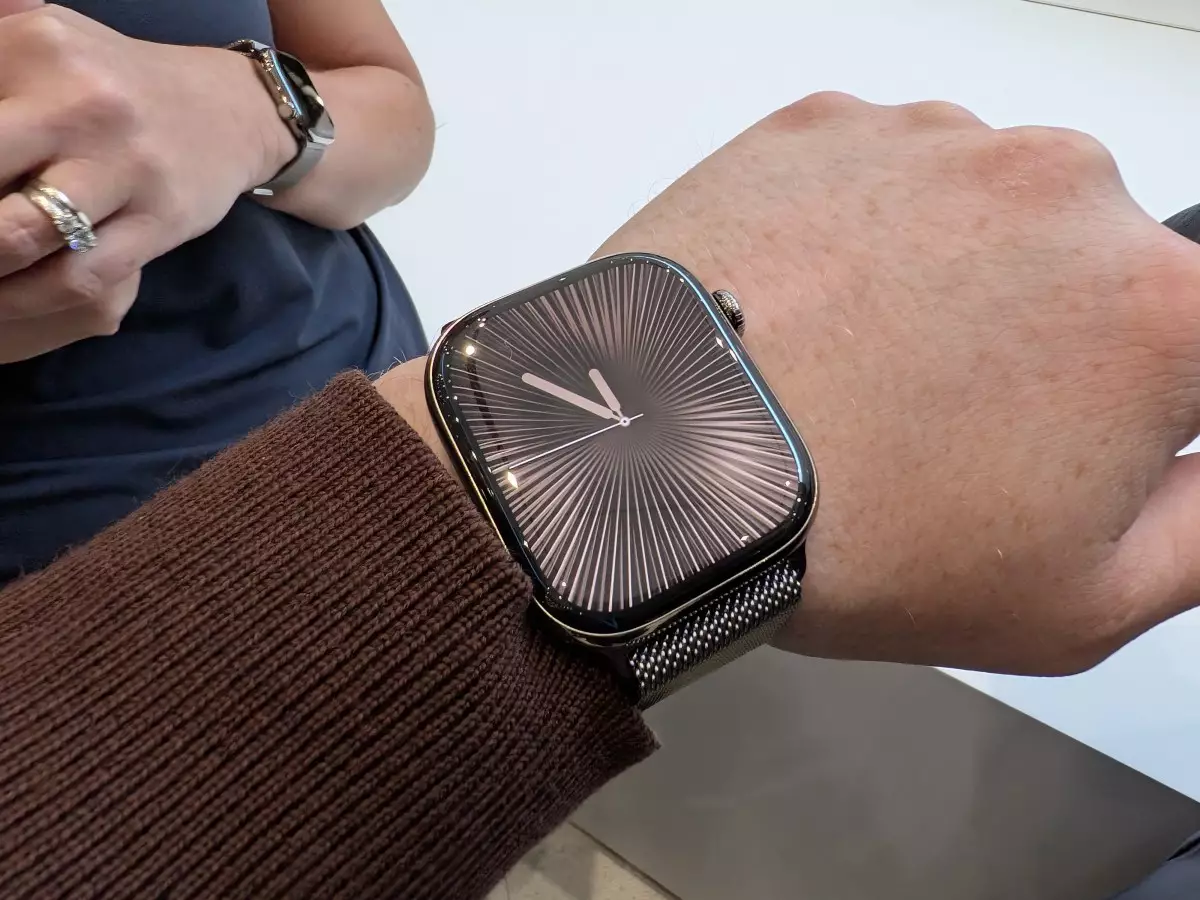In a groundbreaking move, the US Food and Drug Administration (FDA) has granted approval for sleep apnea detection technology embedded within the newer models of Apple Watch, specifically the Series 9, Series 10, and Watch Ultra 2. This approval comes just days before the anticipated launch of the Apple Watch Series 10 on September 20, highlighting Apple’s position at the intersection of health technology and consumer electronics. This new feature, which was unveiled at the recent iPhone 16 event, stands to revolutionize how individuals monitor their sleep health and could potentially save lives.
The sleep apnea detection feature, integrated into watchOS 11, requires users to track their sleep over a 30-day period, with a minimum of 10 nights of collected data. During this time, the watch utilizes its sophisticated accelerometer to provide insights into sleep disturbances. This proactive approach to sleep monitoring can be particularly beneficial for individuals who may be at risk for sleep apnea—a condition that sees individuals experiencing disrupted breathing during sleep, leading to a cascade of negative health effects such as daytime fatigue, headaches, and even cardiac complications.
The FDA has categorized this feature as an “over-the-counter device” aimed at assessing sleep apnea risk, marking a noticeable shift in consumer empowerment regarding health management. Apple clearly states the distinction between risk assessment and formal diagnosis, encouraging users to consult healthcare professionals if the watch indicates potential sleep apnea. This approach aligns with the growing trend of wearable technologies stepping into the realm of health diagnostics, making personal health management more accessible than ever before.
The rise in sleep apnea cases has prompted interest from not just tech giants like Apple but also other well-known brands such as Withings and Samsung, which have introduced similar functionalities in their products. This collective innovation underscores a broader acknowledgment of the importance of sleep health in overall well-being. Sleep apnea, if left unaddressed, can contribute to chronic issues including cardiovascular disease, increased risk of stroke, and severe mental health concerns.
Apple’s foray into sleep health technology is emblematic of a larger trend in which consumer electronics are evolving to incorporate health-monitoring capabilities. As people increasingly rely on smartphones and wearables not just for communication but for health management, the implications for healthcare systems are profound. By encouraging preventive measures and awareness of potential health issues, such technology can foster a proactive approach that may help alleviate the burden on healthcare facilities.
Apple’s FDA-approved sleep apnea detection feature represents a significant advancement in personal health tracking. While it serves as a critical educational tool, determining risk rather than providing diagnoses, this technology can empower users to prioritize their health. As advancements in wearable technology continue to unfold, we can expect even more integration of health-monitoring features, allowing users to take control of their health narratives in unprecedented ways. The Apple Watch’s new capabilities are not just a step forward for Apple; they signal a broader movement in which technology and personal health intersect, paving the way for informed, health-conscious consumers.

